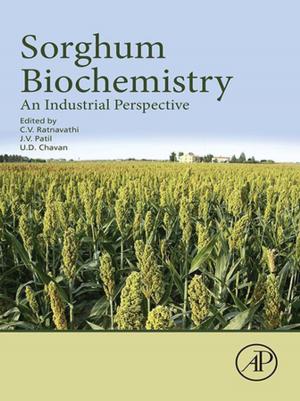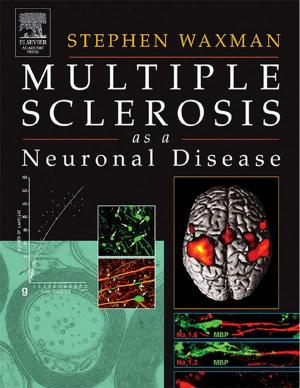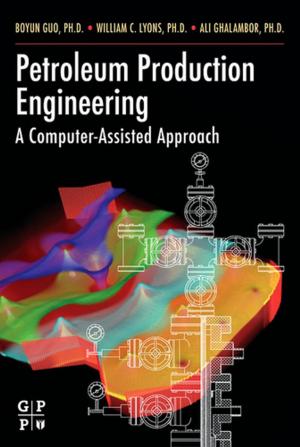International Review of Experimental Pathology
Kidney Disease
Nonfiction, Health & Well Being, Medical, Specialties, Clinical Medicine, Health, Ailments & Diseases| Author: | ISBN: | 9781483281704 | |
| Publisher: | Elsevier Science | Publication: | October 22, 2013 |
| Imprint: | Academic Press | Language: | English |
| Author: | |
| ISBN: | 9781483281704 |
| Publisher: | Elsevier Science |
| Publication: | October 22, 2013 |
| Imprint: | Academic Press |
| Language: | English |
International Review of Experimental Pathology, Volume 30, is organized around the theme of renal disease. The choice of renal disease reflects both the author’s personal interest and the realization that there is a need for such a collection of reviews in this area. There are many new books on renal pathology, but almost all have a clinical rather than experimental orientation.
The book opens with a chapter on the pathogenesis of experimentally induced renal papillary necrosis and upper urothelial carcinoma. Subsequent chapters deal with the use of cell cultures in the study of renal diseases; mechanisms of cyclosporine nephrotoxicity in humans and animal systems; spontaneously occurring renal diseases in laboratory animals; and the use of video microscopy to define the reactivity of the renal microvasculature and the hydraulic permeability of the glomerular capillaries.
This book will be of interest to a diverse group of readers interested in renal disease. This broad spectrum of potential readership is reflected in the list of contributors which includes, in addition to pathologists, nephrologists, anatomists, veterinarians, and experimental chemists. This volume will also be of interest to transplant surgeons and to pediatricians specializing in renal disease.
International Review of Experimental Pathology, Volume 30, is organized around the theme of renal disease. The choice of renal disease reflects both the author’s personal interest and the realization that there is a need for such a collection of reviews in this area. There are many new books on renal pathology, but almost all have a clinical rather than experimental orientation.
The book opens with a chapter on the pathogenesis of experimentally induced renal papillary necrosis and upper urothelial carcinoma. Subsequent chapters deal with the use of cell cultures in the study of renal diseases; mechanisms of cyclosporine nephrotoxicity in humans and animal systems; spontaneously occurring renal diseases in laboratory animals; and the use of video microscopy to define the reactivity of the renal microvasculature and the hydraulic permeability of the glomerular capillaries.
This book will be of interest to a diverse group of readers interested in renal disease. This broad spectrum of potential readership is reflected in the list of contributors which includes, in addition to pathologists, nephrologists, anatomists, veterinarians, and experimental chemists. This volume will also be of interest to transplant surgeons and to pediatricians specializing in renal disease.















